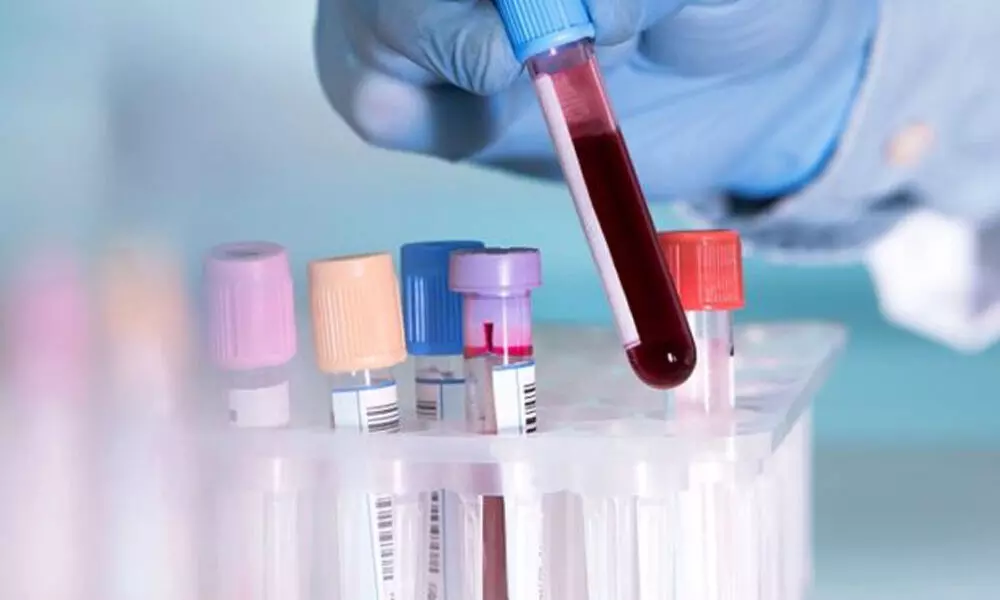Blood test to detect Covid-19 result in 20 minutes: Study

Blood test to detect Covid-19 result in 20 mins (Representation Image)
Australian researchers have been able to detect positive Covid-19 cases using blood samples in about 20 minutes and identify whether someone has contracted the virus.
Sydney: Australian researchers have been able to detect positive Covid-19 cases using blood samples in about 20 minutes and identify whether someone has contracted the virus.
The research team developed a simple agglutination assay - an analysis to determine the presence and amount of a substance in the blood - to detect the presence of antibodies raised in response to the SARS-CoV-2 infection.
The researchers at Monash University in Australia were able to identify recent Covid-19 cases using 25 microlitres of plasma from blood samples, the study, published in the journal ACS Sensors, reported.
"This simple, rapid, and easily scalable approach has immediate application in SARS-CoV-2 serological testing, and is a useful platform for assay development beyond the Covid-19 pandemic," said study researcher Banaszak Holl.
The researchers said that positive cases of Covid-19 cause an agglutination or a clustering of red blood cells, which is easily identifiable to the naked eye.
While the current swab/PCR tests are used to identify people who are currently positive with Covid-19, the agglutination assay can determine whether someone had been recently infected once the infection is resolved.
Agglutination tests based on the commonly employed blood typing methods are a viable option since these blood typing tests are employed in hospitals worldwide with high-throughput, fast (10-30 min), and automated in most cases.
According to the researchers, using a simple lab setup, this discovery could see medical practitioners across the world testing up to 200 blood samples an hour.
At some hospitals with high-grade diagnostic machines, more than 700 blood samples could be tested hourly - about 16,800 each day.
The findings could help high-risk countries with population screening, case identification, contact tracing, confirming vaccine efficacy during clinical trials, and vaccine distribution.
"This test can be used in any lab that has blood typing infrastructure, which is extremely common across the world," the study authors wrote.















